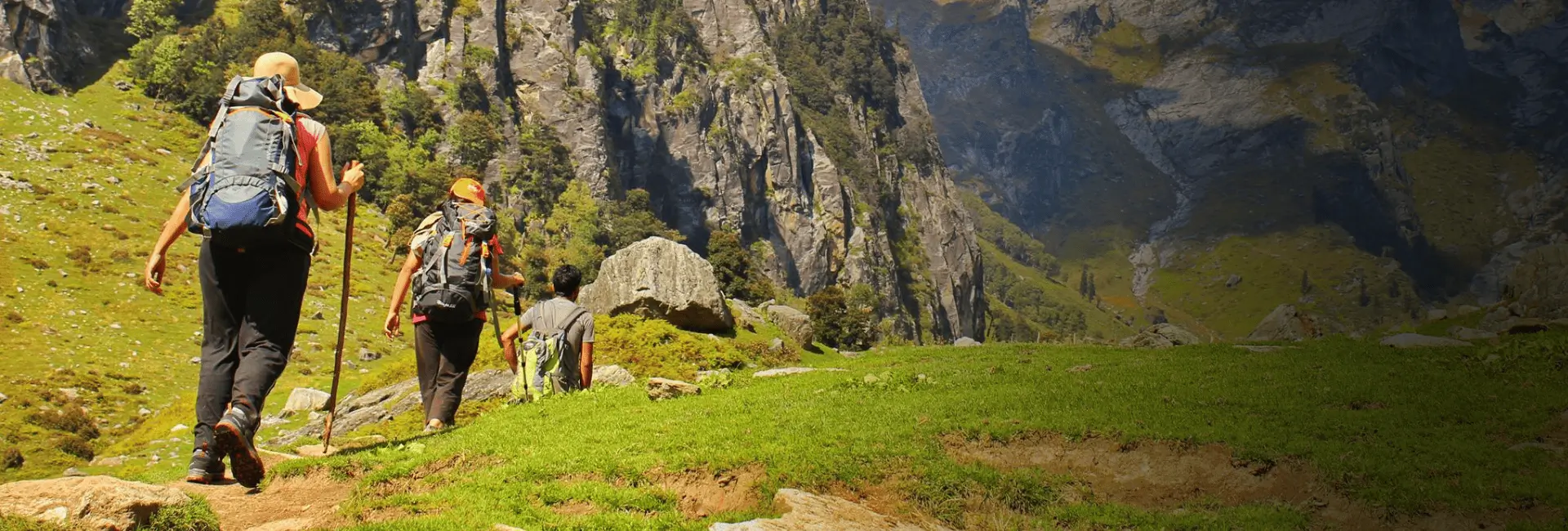
Is Har Ki Dun Trek Worth It in 2025? Honest Review with Pros & Cons
Should You Do the Har Ki Dun Trek in 2025? What No One Tells You
The mighty Himalayas have always called out to the adventurous soul. And among the hundreds of treks scattered across its vast folds, the Har Ki Dun Trek stands as one of the most serene, myth-rich, and soul-touching experiences in India. But in 2025, with changing trail regulations, rising eco-tourism, and an evolving trekking culture, many wanderers are asking — is it still worth it?
Let us take you deep into the forests of Govind Pashu Vihar, to the riverside trails, through sleepy Himalayan villages — and help you decide if Har Ki Dun truly deserves a spot on your 2025 bucket list.
What Makes Har Ki Dun Trek Special in 2025? Myths, Views & Real Trekker Insights
1. The Mythological Connection Still Breathes Here
Har Ki Dun, literally meaning “Valley of the Gods,” is believed to be the route taken by the Pandavas on their final journey to heaven. The village of Osla, perched on a mountain slope, even houses a Duryodhana temple — a rare devotion to the otherwise infamous Kaurava prince. For spiritual seekers and mythology lovers, trekking here is like walking through a living epic.
2. Forests, Rivers & Mountains — Nature’s Tranquil Trifecta
In 2025, when most treks are getting crowded and commercial, Har Ki Dun still offers peaceful trails lined with pine forests, wildflowers, gurgling streams, and the mighty Swargarohini peaks always watching you. The valley opens up like a painting — untouched, unhurried, and deeply refreshing.
3. A Photographer’s and Birder’s Paradise
Expect sightings of monals, barbets, and even Himalayan griffons. Mornings are golden, evenings are moody, and clouds play hide and seek with snow-capped peaks. Carry a good lens — the valley won’t disappoint.
4. Friendly for Beginners Yet Deeply Satisfying
With a well-paced itinerary and moderate difficulty, this trek is perfect for those new to high-altitude hiking. But it also has the kind of depth — in views, stories, and silence — that even seasoned trekkers respect.
5. The Local Culture is Alive, Not Packaged
In Osla and other villages en route, life flows in its ancient rhythm. Shepherds pass by with their flocks, women still wear traditional woollen dresses, and wooden homes stand strong against time. 2025 hasn’t dulled their authenticity yet.

Pros & Cons – A Real Trekker’s Perspective
Pros:
- Unmatched serenity and cultural richness
- Beginner-friendly terrain
- Myths & legends on every bend
- Stunning campsites (Seema, Har Ki Dun base, Kalkatti Dhar)
- Clean, forest-protected trails
Cons:
- Long drive to base camp (Sankri takes 9–10 hours from Dehradun)
- Weak to no network after Purola
- Limited snow in peak winter compared to Kedarkantha
- Slightly longer duration (7–8 days)
Final Verdict – Is It Worth It?
If you’re looking for snow slides, heavy climbs, or Instagram reels — you may find other treks more thrilling.
But if you seek something raw, spiritual, quiet, and profound — Har Ki Dun in 2025 is more than worth it.
It’s not just a trek. It’s a gentle pilgrimage through the oldest myths of the Mahabharata, a walk through living Himalayan heritage, and a reminder that sometimes, the slower journeys are the ones that stay with us the longest.
